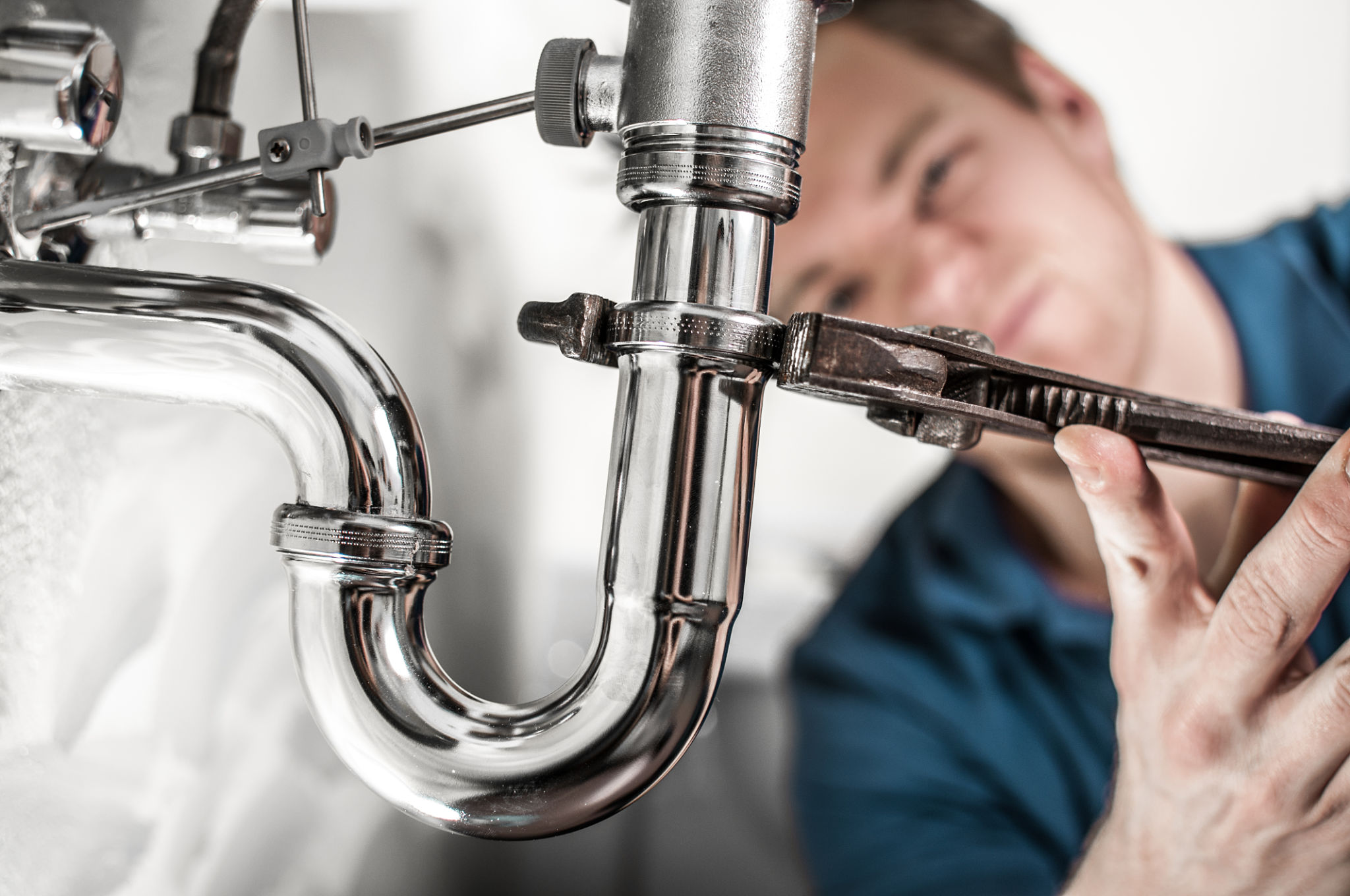DIY Plumbing Fixes: When to Call a Professional
Understanding the Basics of DIY Plumbing
Plumbing issues are an inevitable part of homeownership. While some problems can be tackled with a little elbow grease and a trusty wrench, others might be beyond the average DIY enthusiast's capabilities. Understanding the basics of plumbing repairs can save you money and prevent minor issues from escalating into major problems.
Many homeowners are comfortable with simple fixes like unclogging a drain or stopping a leaky faucet. These tasks require minimal tools and expertise, making them perfect for those who enjoy a bit of DIY. However, it’s essential to know your limits to avoid causing more harm than good.

Common DIY Plumbing Fixes
Unclogging Drains
Clogged drains are one of the most common plumbing issues. Before reaching for harsh chemicals, try a plunger or a drain snake. These tools are effective and typically resolve the problem without damaging your pipes. For kitchen sinks, removing and cleaning the P-trap can also be a straightforward solution.
Fixing Leaky Faucets
A leaky faucet is not only annoying but can also lead to increased water bills. Often, the issue is a worn-out washer or O-ring, which can be easily replaced. Make sure to turn off the water supply before you begin any repairs to avoid unnecessary mess.

When To Call a Professional
Persistent Low Water Pressure
If you experience ongoing low water pressure in your home, it might indicate a more serious underlying issue, such as pipe corrosion or blockages in the main line. In such cases, it's best to consult a professional plumber who can diagnose and resolve the issue efficiently.
Major Pipe Leaks
While small leaks can often be patched temporarily, major pipe leaks require immediate professional attention. Ignoring these leaks can lead to significant water damage and costly repairs down the line. A professional plumber has the tools and expertise to fix such issues properly.

The Risks of DIY Plumbing
While DIY plumbing can be rewarding, it comes with risks. Incorrect repairs can lead to further damage, increased costs, and even safety hazards such as exposure to harmful substances or sewage. Understanding when to step back and call a professional is crucial for maintaining the integrity of your home’s plumbing system.
Always prioritize safety and consider consulting a professional for complex plumbing issues. A licensed plumber not only brings experience but also ensures that repairs comply with local codes and regulations, giving you peace of mind.

Conclusion: Balancing DIY and Professional Help
Knowing when to tackle a plumbing issue yourself and when to call a professional can save time, money, and stress. Simple tasks like unclogging drains or fixing minor leaks are manageable for most homeowners, but don't hesitate to seek expert help for more complicated problems.
By balancing DIY efforts with professional assistance, you can ensure that your plumbing system remains efficient and reliable, ultimately protecting your home from potential water damage and other plumbing-related issues.
